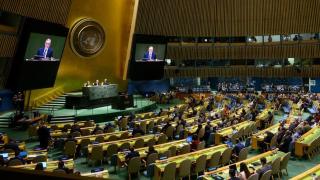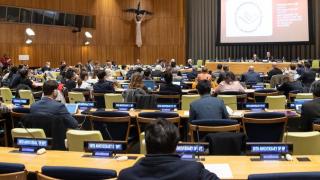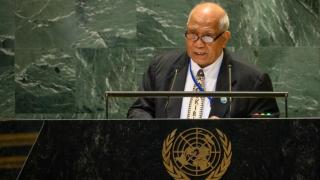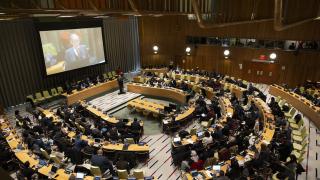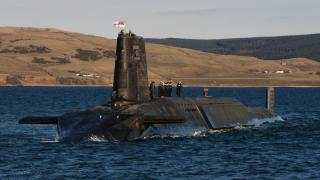
UNA-UK submitted evidence to the Lords International Relations Committee in response to its 2019 inquiry on nuclear non-proliferation and disarmament, urging the UK to modify its counter-productive, dismissive approach to the Treaty on the Prohibition of Nuclear Weapons (TPNW) to one of constuctive engagement.
The submission makes the case by drawing attention to the fact that the health of the Non-Proliferation Treaty (NPT) is contingent on nuclear weapons states' attitude and engagement with the TPNW.
The ongoing viability of the NPT depends on the five recognised nuclear armed states (N5) – Britain, China, France, Russia and USA - keeping their side of a bargain by making “good faith” attempts to negotiate and make progress towards a world without nuclear weapons. In return, the remaining 183 states agree not to pursue a nuclear weapons capability.
The widespread perception of deteriorating relations both within members of the N5 but also between the N5 and non-nuclear weapon states has exposed an important opportunity for the UK to improve relations and set a positive example across the three pillars of the NPT.
It has therefore been surprising and concerning to note the UK’s approach towards an initiative led by non-nuclear weapons states designed to make progress on the core tenets of disarmament. The UK has failed to participate in a string of multilateral discussions on nuclear disarmament, including meetings and conferences mandated by the UN. This approach is irreconcilable with the UK’s international obligation under Article 6 of the NPT which requires the UK to participate in negotiations on disarmament in “good faith”. Non-participation in discussions attended by the vast majority of UN member states is also at odds with the 2010 outcome document of the NPT in which nuclear armed states agreed to “Consider the legitimate interest of non-nuclear-weapon States”.
Extract from UNA-UK's evidence:
The UK’s labelling of the TPNW as a divisive initiative will itself serve to deepen divisions and make it harder to reach consensus agreements on nuclear security in other multilateral forums, such as the Non-Proliferation Treaty. It demonstrates a blindness to the fact that the TPNW arose as a consequence of a perceived N5 failure to uphold their Article 6 commitments. Therefore, a continued dismissive approach to the ban treaty appears to be inconsistent with the UK’s strategic objectives. Such an approach is also unequivocally at odds with UN guidance on the issue. A statement made by UN High Representative on Disarmament Affairs, speaking in UK Parliament in February 2018, implored the N5 to desist from attacking the TPNW, saying: “don’t ignore it, don’t attack it”.


